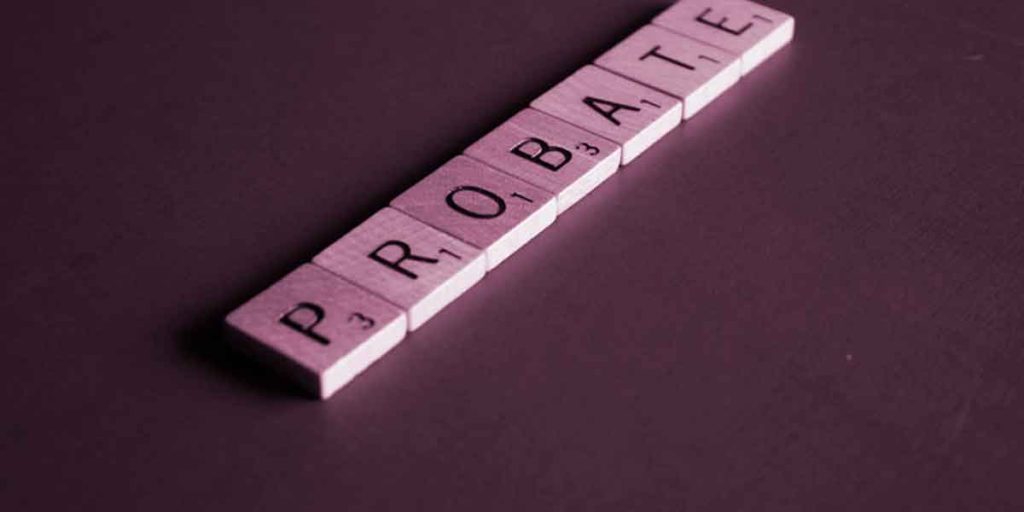Probate is a legal process of validating a testator’s will in the court of law. Basically, if the deceased has a will, the will goes through the probate process in court. This process validates that the will is the valid will of the deceased. If on the other hand the deceased does not have a will, the person’s assets or estate will still have to go through the probate process in court. In this case, the court will decide how the person’s estate will be distributed among his or her heirs.
Testator: The deceased is referred to as the testator. He is the owner of the assets or estate that is to be shared. He writes a will in order to ensure that his estate is properly distributed and shared among his heir when he is no more.
The executor: The executor is a person named by the testator in his will. He is responsible for the distribution of the estate of the testator. The testator can choose an executor from his family member, a spouse, a close friend, etc. the executor must be someone who the testator trust to follow the will to the letter. The role of the executor becomes active after the death of the testator.
A secondary executor is also chosen. This is like a plan B which will come into play if the primary executor for any reason cannot carry out his role. This could be as a result of death, mental incapability, etc.
In a situation where by the testator did not name an executor in his will the court will appoint someone as an executor to be in charge of the distribution of the deceased assets
The role of the executor include,
- Paying bills and paying taxes
- Locating and making an inventory of all the testator’s properties and transferring them to the estate
- Collecting debts owed to the estate
- They invest and manage the testator’s assets during probate proceedings
- Distributing the testator’s properties strictly adhering to the specification on the will
Estate: The whole asset owned by the testator is referred to as his estate. These assets include both offline –physical – and online – digital – assets. Online assets include online documents, digital files, brokerage accounts, bank accounts, social medial accounts, etc.
Probate – Time consuming
The probate process which is initiated after the death and burial of a person could last for a few weeks to a few months. Most times this process could take longer time to be completed. At times it can take from a few months to years for it to be completed. This could be as a result of complications, probably the deceased died without having a will. This process could be very slow. This is a big downside to the probate process as it locks up the estate of the testator and keeps it out of reach of the heirs and beneficiaries. The testator’s estate cannot be accessed by his beneficiaries until the probate process is completed.
Probate – Cost inclined
The process of probate could be really cost effective. Among other expenses, the heirs and beneficiaries will have to pay the attorneys representing them in court. As long as the probate process goes on, the beneficiaries keep spending.
Not all wills are necessarily probated. In New York, only an estate worth over $30,000 must be probated. When the estate is below $30,000, the court has a “small estate proceeding”. In the state of New York, probate proceedings take place in Surrogate’s Court in the county where the testator was living before his/her demise. There are assets of a testator which are not subject to the probate process. For instance, certain types of trust are not subject to the probate process.
A probate attorney
This is the one who serves in the Probate court. Probate lawyers may also serve for the purpose of representing creditors, heirs etc. To hire a probate attorney, contact us today. Our attorneys are always available around the clock.
FAQ
Question: Who initiates the probate process?
Answer: The process is initiated by the executor who files it with the probate court
Question: What happens when a person dies without a will?
Answer: The court decides what happens to his estate based on the state’s law
Question: What if an executor dies or becomes incapacitated
Answer: If this happens when the testator is still alive, he will chose someone else but if it happens after his death, the court will appoint an executor









